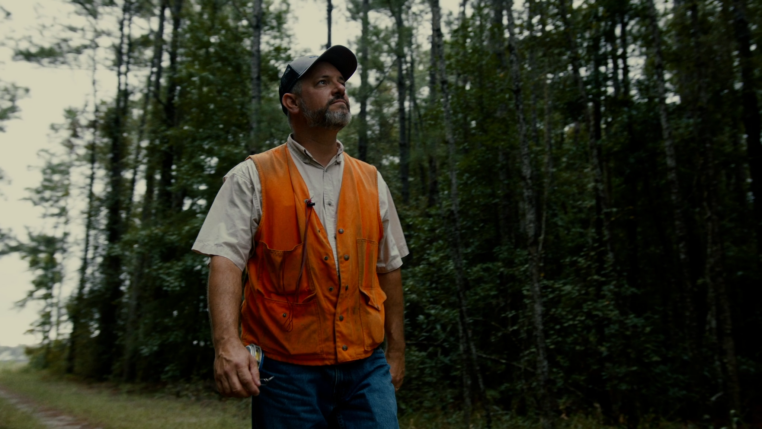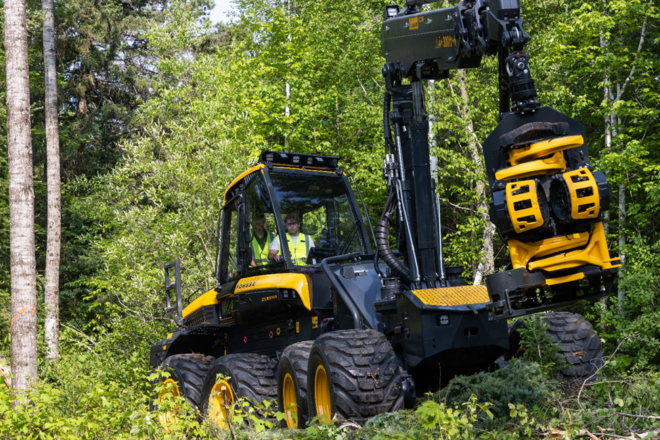Takeaways From the FRA Timber Harvesting and Procurement Short Course

As FRA Southwide Region Manager Clay Altizer discussed in last week’s Woods to Mill, “Looking back at a Busy 2021”, this past December marked the first time in 13 years that FRA has offered the Timber Harvesting & Procurement Short Course. This three-day course, graciously hosted by Auburn University, covered nearly a dozen topics, ranging from ethics to negotiation techniques, which were presented by industry leaders and professors.
In our ‘Introduction from Clay Altizer’, we began by learning about the Forest Resources Association, the broad membership it encompasses, how it advocates for our industry on Capitol Hill, and the resources available such as technical releases, webinars, and safety alerts. We then delved into Supply Chain Relationships and how we all are interconnected, depending on the same value chain stakeholders, no matter if we’re competitors, customers, or both. Finally, we discussed some of the issues our industry is facing and how the industry has evolved, between mergers & acquisitions, foreign investment, and how it’s paramount that we look at all the stakeholders in the supply chain from all angles to gain new perspectives.
From there, we explored several topics outlined below.
Independent Contractor Relationships – Kim Lloyd (Graphic Packaging)
We learned how independent contractors differ from employees, and how to use the IRS 20-question test to analyze these relationships.
Communications with Stakeholders – Lauren Killian (Enviva)
We discussed the importance of knowing your audience, seeking common interests, and having integrity.
Forest Products Security – Aaron Gilland (DRM)
We explored prior case studies and learned how we can make timber security part of our culture by avoiding conflicts of interest, paying attention to our surroundings, not becoming predictable, and trusting but verifying.
Wood Procurement & Timber Appraisal – Kent Moore (Weyerhaeuser)
We learned the power of “YES”, to which then you assess the cost, consequences, and risks of your options. We also learned how appraisals can be impacted by cruise design, competition, and mill demands.
Importance of Wood Quality – Ron Phillips (Canfor) & Kim Lloyd (Graphic Packaging)
We learned both how to identify deducts, as well as how the mill is impacted by these deducts. We also learned the process of pulping, how chip quality impacts pulp yield, as well as machine run ability and paper quality.
Harvesting Systems – Dr. Tom Gallagher (Auburn)
We learned about how various harvesting systems work, explored how equipment has evolved over time, as well as how to match equipment with the site.
Forest Products Transportation & Scheduling – Steve Matlock (Murphy Bros. Trucking)
We looked at the various challenges facing the trucking industry and solutions to help mitigate these issues.
Harvest Planning & Logging Contractor Management – Tony Doster (RMS)
We learned how proper planning and clear communication make for better harvest execution and logging contractor management.
Practical Ethics for Resource Managers – Dr. Marianne Patinelli-Dubay (State University of New York)
We discovered seven different ethical lenses which we can use to analyze natural resource decisions, and practiced using these lenses in our own case studies.
Logging Cost Analysis – Dr. Joe Conrad (University of Georgia)
We walked through the relationship of cost and production in logging and how to accurately estimate logging costs using either Cash Flow Analysis or the Machine Rate Method.
Negotiation Techniques- Dr. Tom Gallagher (Auburn)
We learned the best way to foster and maintain healthy relationships is to create win/win negotiations. We covered the barriers to effective negotiation and discussed the importance of preparation and planning, and 20 key points for effective negotiations.
Outside the classroom, I was able to meet and converse with both the panel of instructors and my peers from across the industry. This environment provided a great networking opportunity and helped me foster connections and relationships that will not only benefit me, but the industry as a whole.
We were also introduced to the FRA Emerging Leaders Program, which I see as a great opportunity for any young professional wanting exposure to leadership skills, opportunities, and content catered to our industry. It’s through this program that I’ve had the opportunity to share my perspective and learning with you in this Woods to Mill blogpost.
I would strongly recommend the Timber Harvesting & Procurement Short Course to anyone interested in learning more about the forest products industry, whether you specialize in Timber Harvest Management, Procurement, or just want to become a better natural resource professional.


